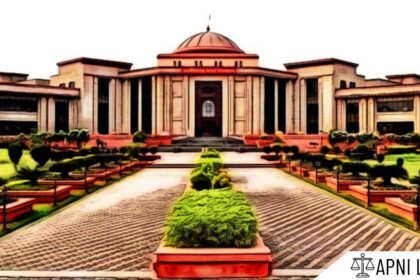Code:
(1) Subject to the other provisions of this Code, the powers and duties of a Judge or Magistrate may be exercised or performed by his successor-in-office.
(2) When there is any doubt as to who is the successor-in-office of any Additional or Assistant Sessions Judge, the Sessions Judge shall determine by order in writing the Judge who shall, for the purposes of this Code or of any proceedings or order thereunder, be deemed to be the successor-in-office of such Additional or Assistant Sessions Judge.
(3) When there is any doubt as to who is the successor-in-office of any Magistrate, the Chief Judicial Magistrate, or the District Magistrate, as the case may be, shall determine by order in writing the Magistrate who shall, for the purpose of this Code or of any proceedings or order thereunder, be deemed to be the successor-in-office of such Magistrate.
Explanation:
This section outlines the powers and jurisdiction of Judges and Magistrates who succeed to an office previously held by another. It ensures continuity in the judicial process by allowing the successor to continue proceedings initiated by their predecessor.
The section states that:
- A Judge or Magistrate succeeding to an office can continue any proceeding started by the previous holder of that office.
- This includes proceedings in cases pending before the previous Judge or Magistrate, including the power to pass judgments, sentences, or orders.
- The successor can also exercise all powers and jurisdictions that were vested in the previous Judge or Magistrate.
Illustration:
For instance, if a Magistrate is transferred from one district to another, the new Magistrate in the previous district can continue any cases pending before the transferred Magistrate. They can examine the evidence, hear arguments, and pass judgments or orders as if they had been handling the case from the beginning.
Common Questions and Answers:
Q: Can a successor Judge or Magistrate alter the proceedings started by their predecessor?
A: While they can continue the proceedings, they are not restricted from altering the course of proceedings based on the facts and evidence before them.
Q: What if the predecessor Judge or Magistrate had made an error in the proceedings?
A: The successor Judge or Magistrate can rectify any errors committed by their predecessor within the scope of their powers.









